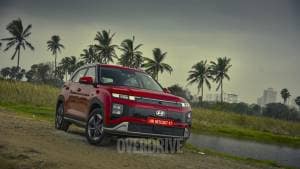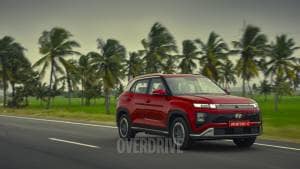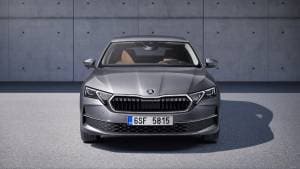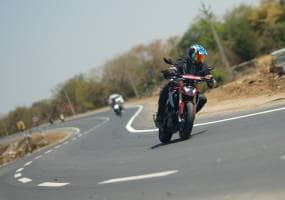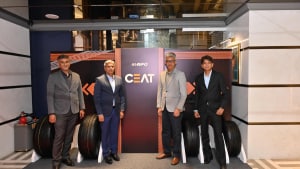New Hyundai Verna gets five-star GNCAP safety rating
The new Hyundai Verna has secured a five-star rating for adult and child occupants in the Global NCAP crash test. The sedan has managed to score 28.18 out of 34.00 points for adult passengers and 42.00 out of 49.00 points for child occupants. Hyundai has announced its voluntary participation in the Bharat NCAP crash test with three models at first, followed by its other offerings in the market. In addition, the automaker has declared that all its models, including the Grand i10 Nios, Aura, Venue, Creta, Alcazar, Tuscon, Ioniq 5, and Kona Electric. are now available with six airbags as standard. Notably, the Verna, i20 facelift, and Exter were the only vehicles to come with six airbags.
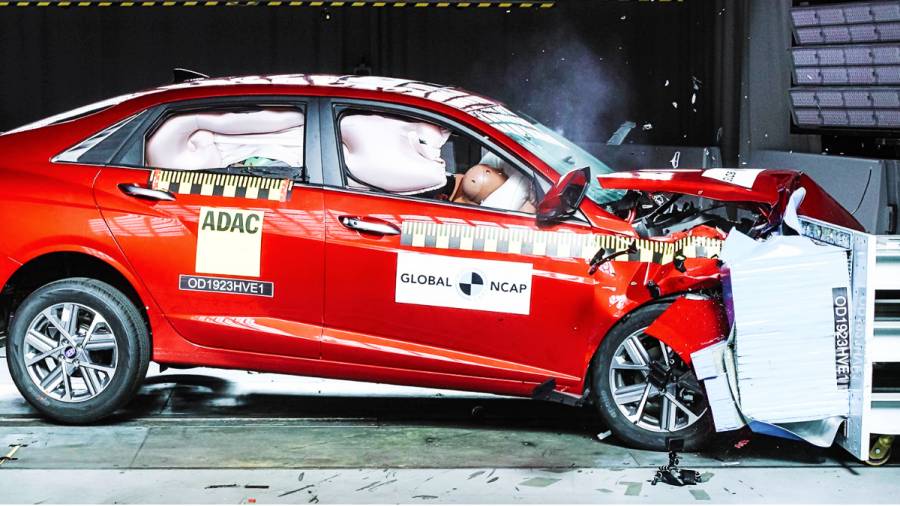
Hyundai Verna secures five-star in GNCAP
Global NCAP said that the Verna offered 'good' protection to the driver and passenger's head and neck. However, it offered 'marginal' protection to the driver's chest, while the co-driver's chest showed 'good' protection. Additionally, the driver's and passenger's knees received a 'marginal' protection. However, the frontal body shell integrity was rated as unstable.
In the side impact test, the head, pelvis, and abdomen showed 'good' protection, whereas the chest showed 'adequate' protection. Meanwhile, the curtain airbags, being standard equipment, met the fitment requirements, offering 'good' protection to the head and pelvis, while marginal protection to the chest and adequate protection to the abdomen.
For child occupants, a child seat was installed for a three-year-old was rearward facing using the i-size anchorages and a support leg. This could prevent head exposure during the frontal impact. The child seat for the 18-month-old was installed in the same way and it was able to prevent head exposure during the frontal impact. Both child seats offered full protection. The two CRS (Child Restraint System) offered full side impact protection in the side impact test.
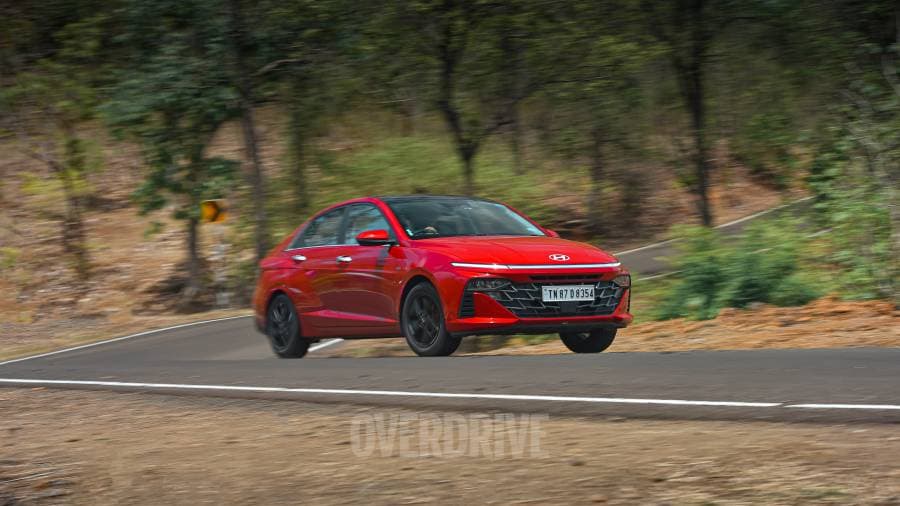
Hyundai Verna Highlights
The Verna comes with over 30 standard safety features, including six airbags, ESC (Electronic Stability Control), VSM (Vehicle Stability Management), Hill Start Assist Control (HAC), ISOFIX, and more. The sedan also features Level 2 autonomy (Advanced Driver Assistance Systems) with Hyundai SmartSense.
Available in a choice of four variants: EX, S, SX and SX (O), the new generation Verna comes powered by a 1.5-litre naturally aspirated petrol engine producing 115PS and 144Nm of torque and a new 1.5-litre turbo-petrol motor that generates 160PS and 253Nm of torque. Transmissions options include a six-speed manual, an IVT, and a seven-speed DCT.
Also read:
2023 Hyundai Verna Turbo vs Volkswagen Virtus GT comparison review
Skoda Slavia and Kushaq made more affordable and top variants get new features
Starts Rs 9.31 Lakhs
1493cc
Automatic
115
250
-NA-
Starts Rs 10.69 Lakhs
1498cc
Automatic
150
250
18.41 Kmpl
Starts Rs 11.22 Lakhs
999cc
Manual
115
178
18.12 Kmpl

